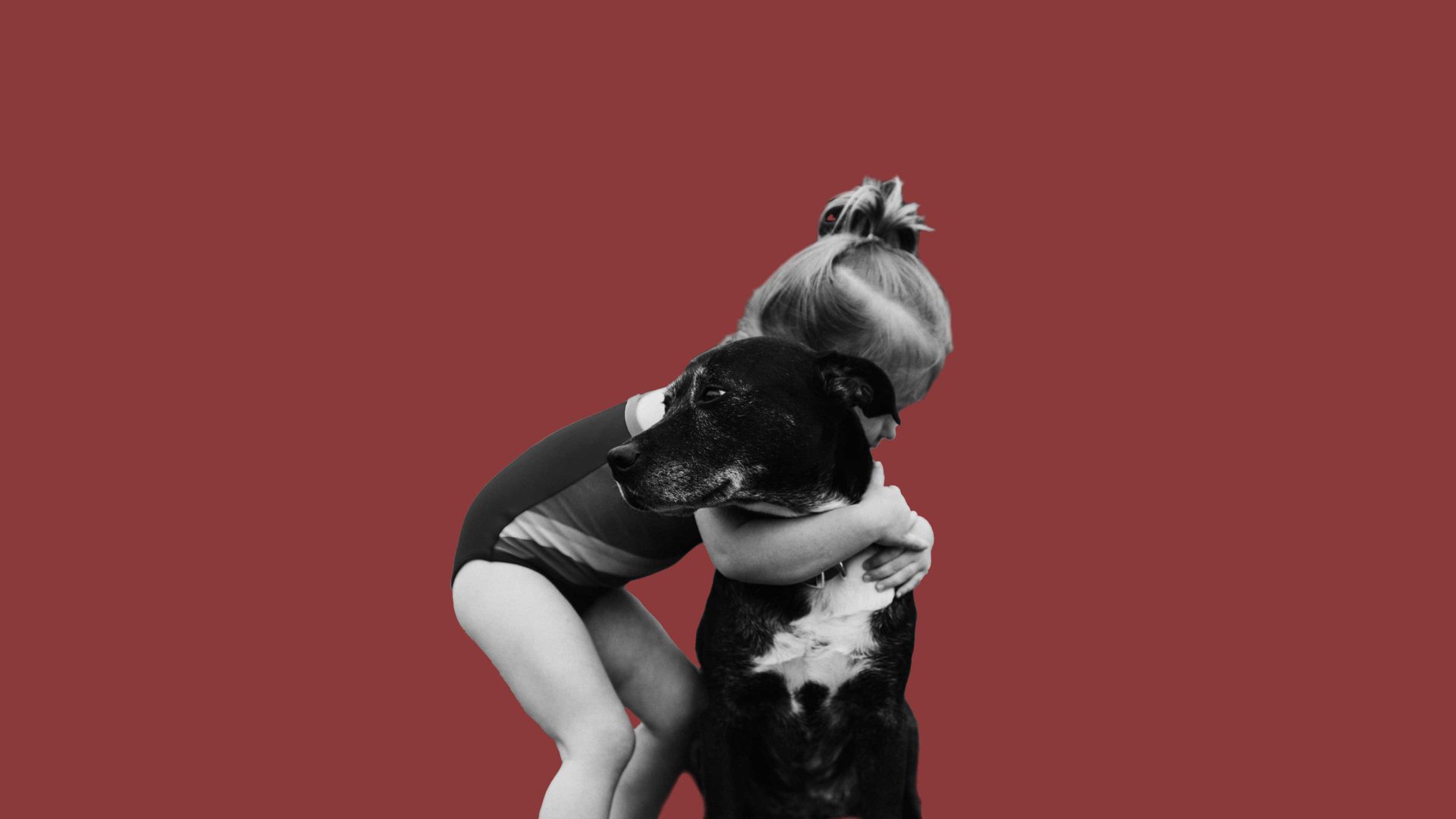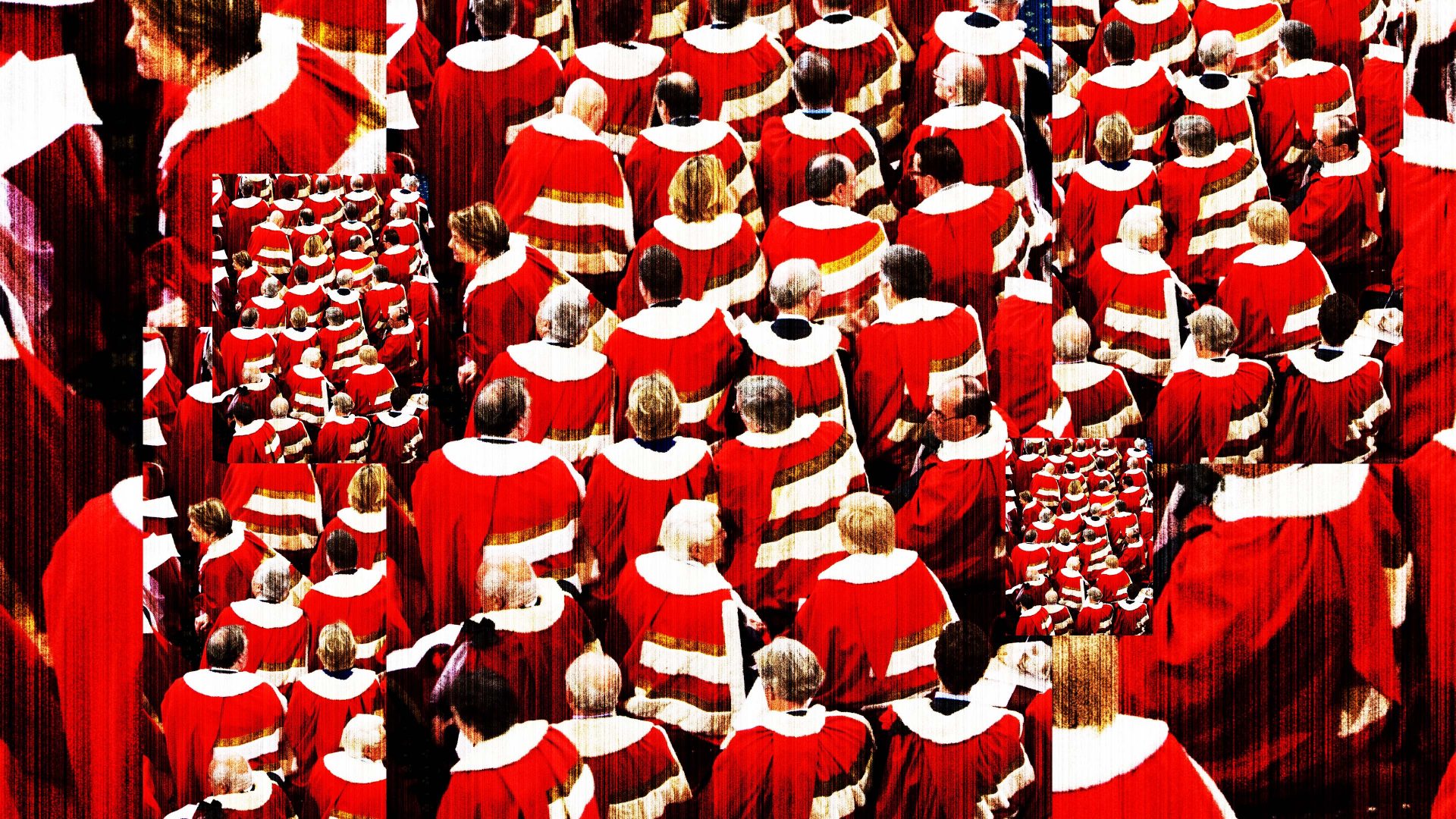The RSPCA is preparing for a difficult winter. The cost of living crisis will hurt pets as well as people. During the pandemic, many people took on responsibility for dogs and cats without giving much thought to their needs, and some are now finding them inconvenient and expensive.
Sadly, many will be abandoned. They will suffer from cold, hunger, distress, and disease. Some will be killed humanely; others will die in pain. Relatively few will find new homes.
And it’s not just dogs and cats that are being dumped: three weeks ago a box containing a python called Barry appeared next to a bin in a nature park in Oxford. Whoever left it there provided information about its name, skin-shedding history, and when it had last eaten. Fortunately, someone found it before its body temperature dropped too low.
Even when they aren’t abandoned, some pets get treated atrociously. We’ve all seen incompetent dog walkers lashing out, yanking at choke collars, or shouting aggressively. I’ve even witnessed someone “walking” his dog by tying its leash to a fast-moving electric bike, indifferent to the risks to the animal.
These sorts of abuse are heart-breaking; but intervening could make things even worse for the dogs. Often the confused pets have no idea what is going on or why. There is a crass kind of anthropomorphism at the root of much of this. Having recognised that pets can be highly intelligent, these people start talking to them as if they understand English. “Oh, he knows exactly why he’s getting punished”.
Immanuel Kant believed that what was wrong with cruelty to animals was its effect on the perpetrators rather than the victims. We have a duty to treat one another as ends in ourselves, not means to ends, but our duties to non-human animals are only ever indirect, he argued.
That’s because animals lack the appropriate kind of rational capacities. We owe one another a great deal because we recognise each other as autonomous rational beings.
In Kant’s view, our duty not to harm animals becomes a duty that we owe to ourselves rather than to them. His conclusion was partly based on the tendency for those who are brutal towards animals to be brutal to fellow human beings, too. Mistreat animals and you will very probably mistreat people. For Kant, then, it ends up being for our sake, not theirs, that we shouldn’t hit dogs.
Kant was right about the links between cruelty to animals and cruelty to human beings. But he was spectacularly wrong about why we ought not to harm or tolerate harming animals. (He was also spectacularly wrong in the racist remarks that he made in several works.) Very clever people can at times be very stupid. It is, obviously, the animal’s perspective that matters most. Sentience is key, the ability to feel, and particularly the ability to feel pain, not the ability to reason at a high level, the kind of level that requires language. Jeremy Bentham recognised this long ago.
More recently another philosopher, Jonathan Birch of the LSE, has been at the forefront of research into animal consciousness and has made a very good case for recognising the probable sentience even of invertebrates such as crabs and lobsters: they have complex nervous systems that respond to bodily damage.
His general stance, which draws on the best available scientific research, is to apply “the precautionary principle”. The idea here is that where the evidence of an animal’s capacity to feel pain is inconclusive, the morally appropriate attitude is to err on the side of caution. In other words, if it looks likely that lobsters feel pain (as it does), then stop boiling them alive and at least use more humane methods of killing such as electric shocks, rather than wait until there is incontrovertible proof of their sentience.
But with dogs and cats, there is no doubt that they feel both physical and psychological pain. We don’t need a precautionary principle or sophisticated philosophical analysis to recognise this. We know that they can suffer intensely, just as we know a young child left outside hungry and cold would.
What we need is better education about animal welfare and greater sensitivity to animals’ specific needs and vulnerabilities. Abandoning or otherwise harming pets should be unthinkable. So should be giving them as gifts. They aren’t treats, living toys, or selfie props to be let go when the novelty wears off.
Looking after pets is a moral responsibility. We are their caregivers, not their possessors.



